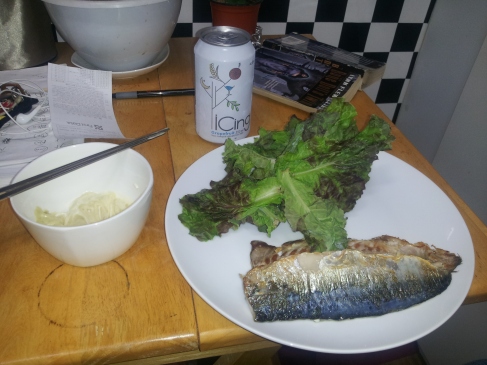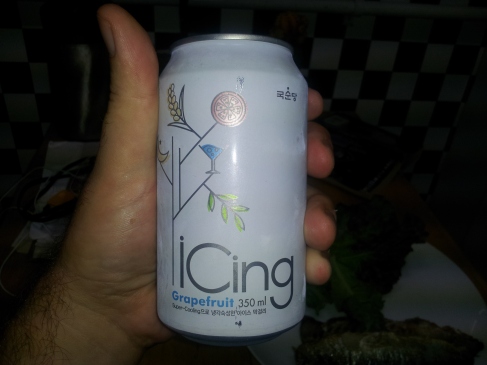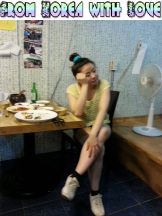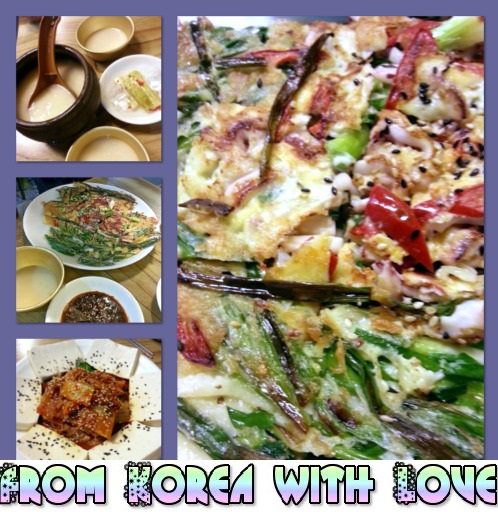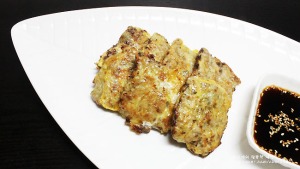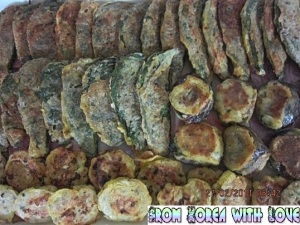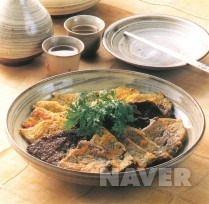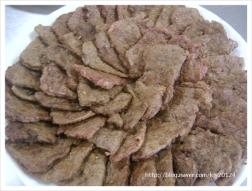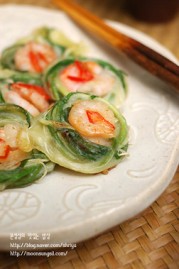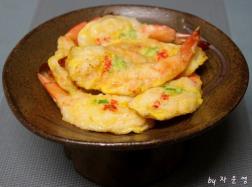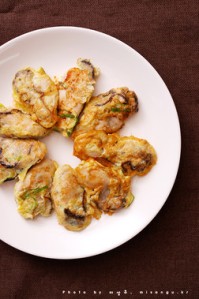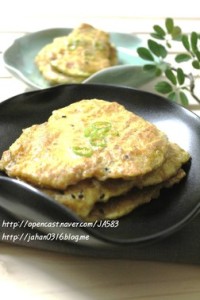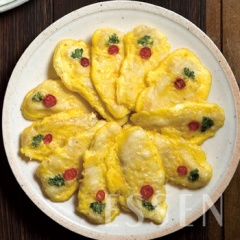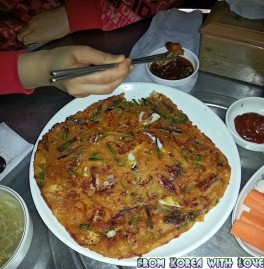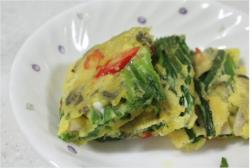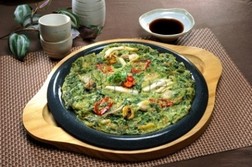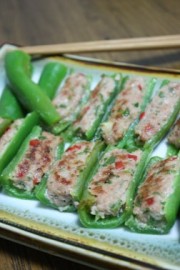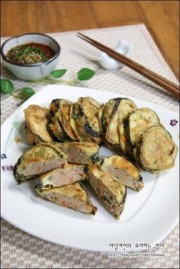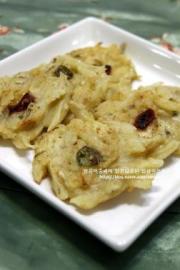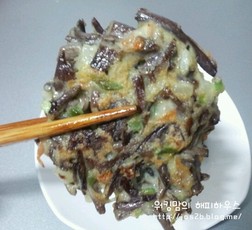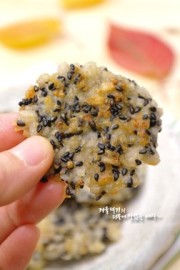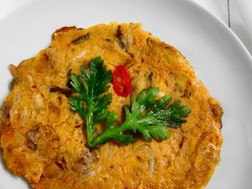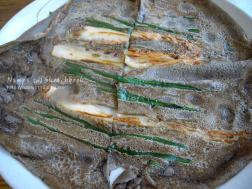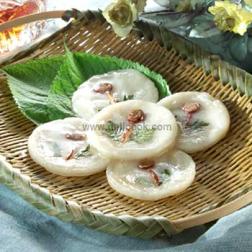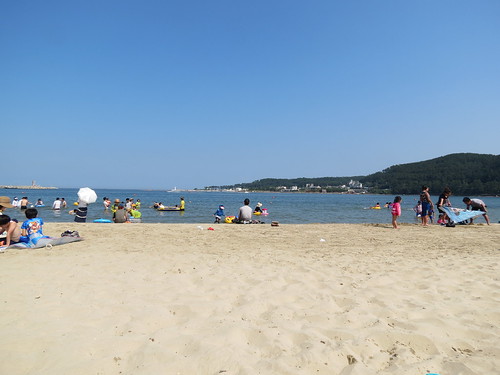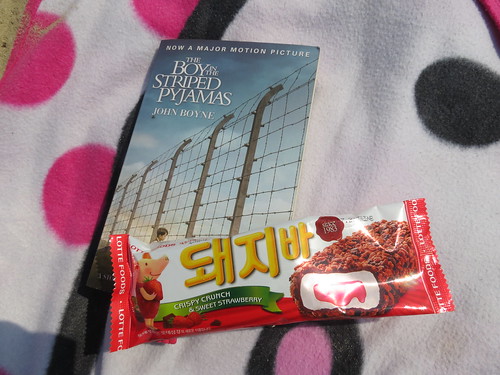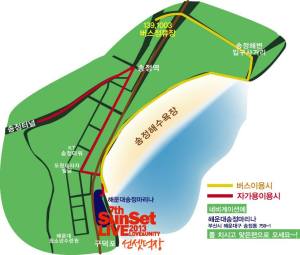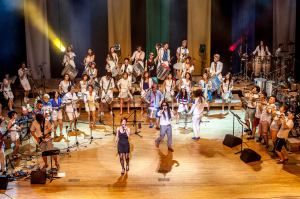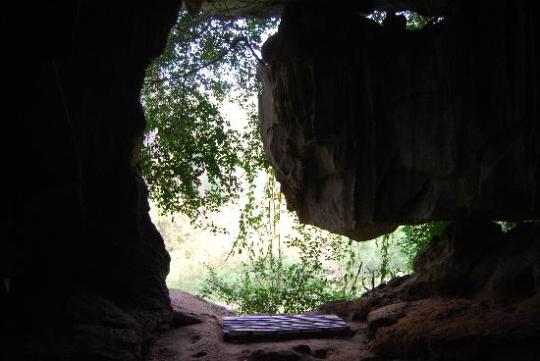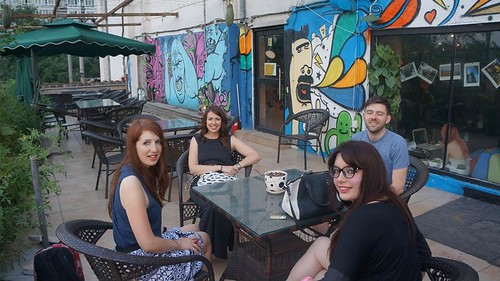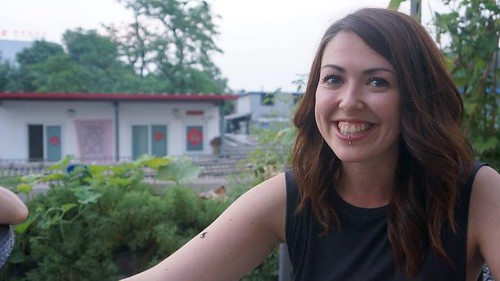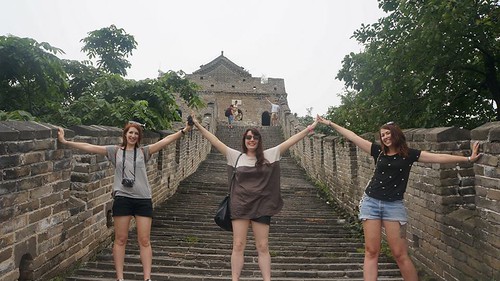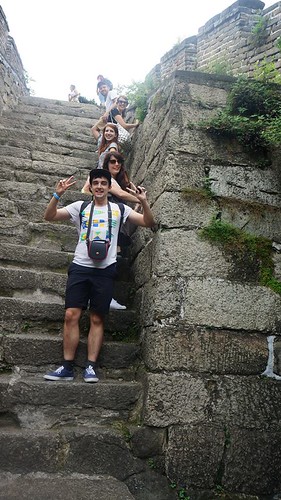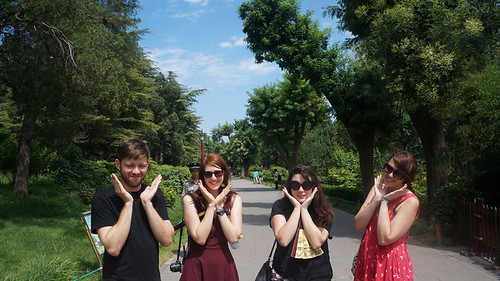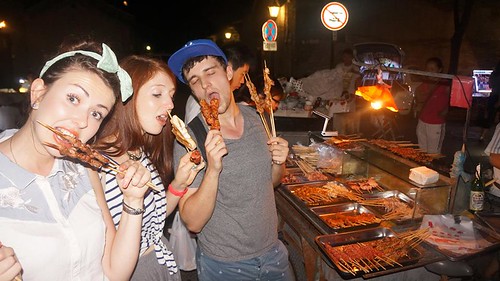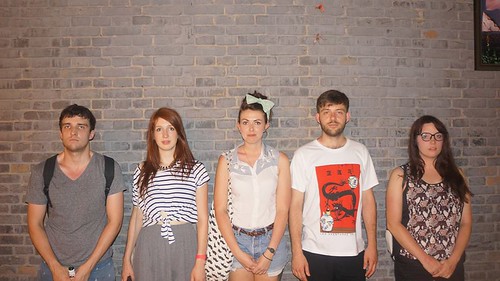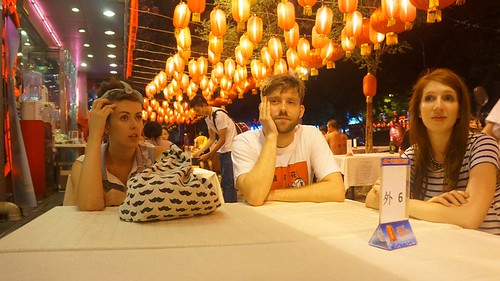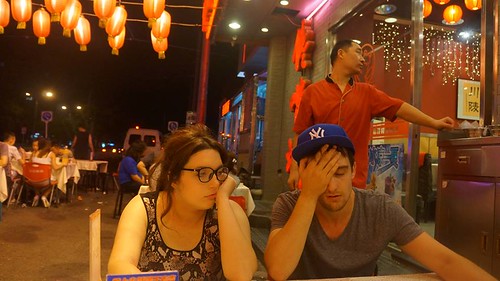(The following is a chapter from the first draft of my newest book, The Worst Motorcycle in Laos: Rough Travels in Asia, due out in 2014. I’m in the middle of revisions right now, and sadly, this story is one of a couple that have been cut from the manuscript. There is a small chance it could make it back in, so I decided to post it here so see what people think. Please feel free to comment. Thanks.)
![Nong Khiaw02]()
The River Ou flowed steady and wide, eating away at the red dirt embankment just feet underneath. From the makeshift balcony of the bungalow we smoked, sipped coffee, and gazed out at the brown water gurgling and surging in one intimidating mass, pushing south until its eventual confluence with the mighty Mekong. The summer monsoon had fattened the river, which in turn carried clusters of woody detritus from the unpopulated jungle upstream. The two day rain had ceased the day before, but if more were to come our flimsy lodgings could easily be consumed by the sudden flood. This river was an ogre, something to be respected, and our silence served as a kind of reverence to its power.
“I wonder what it looks like in the dry season.” I asked.
“I’ve seen the photos,” Sam replied, eyes on the water. “Smaller. Turquoise. Idyllic. Pussified. Nothing at all like that bitch out there.”
“Still… must be nice to take in a mellower beast. Even so, I’m quite convinced, for all its muddy ballaches, summer is the best time to come to Laos.”
“Fewer travelers, at least,” Sam shrugged. “And cheaper.”
And he was right. My bungalow—rickety and bare bones as it was–set me back a whopping seven dollars a night, and that included a basic bed, mosquito net, bucket shower, and porcelain squatter–the contents of which surely slid straight into the cloudy water below. The structure was one of a cluster dug into the big embankment, but you couldn’t hope for a better front row seat to one of the region’s great rivers. The view alone was worth the meager ticket price.
Nong Khiaw is a market town nestled on the banks of the River Ou, the last real settlement before the wilds of Phonsali Province that makes up the country’s northeast corner. Limestone cliffs jut up on either side of the narrow valley, with the steady river slicing through. From my balcony we could clearly see the main of the town on the other side—a collection of dark wooden buildings and dirt roads–with Phu Nang Nawn Mountain looming behind in hues of pure emerald and grey.
Monsoon clouds slipped from the low sky and lingered atop the cliffs, creeping down the mountain’s face in vaporous cascades. The air was heavy and wet, tempering the heat of the sun which fought to break through the tropical fog. The day before we had travelled by boat all the way from provincial capital and tourist hub of Luang Prabang; the barrage of rain cooled things off to such a degree that I became deeply chilled. Northern Laos, since we arrived, seemed more akin to Middle Earth than any of our notions of Indochina. The sky was in constant motion, a swirl of mist that poured over the rocky knuckles of the earth and into the seething green of forest and field, imbuing everything with a taste of the mystical.
A good, solid bridge crossed the river, linking the body of Nong Khiaw with its extremities on the other side, which happened to be where most of the guest houses and restaurants were located. I couldn’t help but imagine American jets swooping down during the big war to lay waste to this critical crossing. Over the years I have witnessed multiple hours of grainy combat footage from the Vietnam “Conflict,” much of which features our aircraft strafing and bombing remote bridges spanning muddy rivers. My mind played out sortie after sortie, with leaf-in-net helmeted Communist troops firing from anti-aircraft batteries camouflaged into the nearby rock at the US aggressors, whose errant bombs blasted up geysers from the water below. In my little made-up history, the locals somehow managed to prevail and save their bridge. The modern day structure stood as a testament to this, and when I walked across the day before, I silently thanked them.
The small but growing backpacker infrastructure on the bank where we sat served the other river that flowed through the town: Travelers. Most are said to just pass through Nong Khiaw on their way to the more rustic, generator-powered village of Muang Ngoi Neua that lay one hour upstream. That hamlet is only accessible by boat, a car-free zone set among ethnic villages played up in the guidebooks to the detriment of Nong Khiaw itself, which mainly serves as a jumping off point. But the charms of Nong Khiaw became more evident with each hour spent there, so the two of us decided to at least do some exploring.
After coffee and a late breakfast at the nearby restaurant, we set out for Tham Pha Tok, a cave some two kilometers out-of-town made famous as a hiding place for locals and a base for the Pathet Lao during the American and Lao Civil War.
We were joined by Derek, a young, sandy-haired German hailing from Munich. We’d met him over hours of beer and banter at the same restaurant the night before; he was smart and funny and loved to drink, therefore a welcome companion for our afternoon excursion and whatever lie afterward.
The three of us hiked up the dirt road leading into the countryside, past huts habituated by local families and into an open area of rice paddies, pasture, and palm trees. A sizable stream flowed to our right near the side of the primitive track,bubbling over large stones and under downed trees, at times carving out deep pools in the earth.
“Nice water,” remarked Sam. “If we were anywhere else I’d think it to be goodfly-fishing.”
“Indeed,” I said, pursing my lips and nodding in approval.
“See that channel?” he pointed to a particular inviting bit of water that cut under the grassy embankment. “Looks like a good place for a monster brown.”
My eyes scanned the moving stream until it slowed down in the deep pocket Sam mentioned. I saw it too, and my instinct was to stop and look for any movement underneath the surface. Once you’ve trained as a fly-fisherman you see fat trout in any water, anywhere.
“We too have such fishing in Bavaria,” Derek said. “I have seen them on occasion. The streams that flow down from the Alps contain many of these fish.”
“ You fish?” I inquired.
“No,” he laughed. “This is not my hobby. But I am very interested in the eating.”
The road climbed gradually and I began to sweat. The sun, after a long morning struggle, managed to break through the clouds and things immediately got hot. I took a big pull from my plastic water bottle in a futile attempt at cooling. I passed it to Derek, who in turn drank deeply.
“Yes. Fucking hot.” He flashed a smile of thanks and handed it back.
Tham Pha Tok is carved into a huge limestone mountain thrusting up from well beneath the rice fields. A crude sign pointed the way down a path into the paddies. A small footbridge stretched over the stream, and soon we came upon a hut and a thin barricade improvised from a tree branch. A teenage boy sat in the hut and grinned as we approached. He pointed to the sign tacked in front declaring the entrance fee of 5,000 kip, which was less than sixty cents. We happily surrendered the bills, and as a formality, he lifted the gate and gave us his blessing in the form of a gentle wave.
The entrance to the cave was only accessible via a succession of wooden staircases and bamboo ladders, and after a ten minute climb, we found ourselves at the threshold. We stopped to catch our breath and looked back out onto the verdant valley, which was empty of people. A few cows lulled about, but with the exception of some birds and the murmur of the stream, things were silent.
“You see that?” Derek pointed to a giant depression in the ground just underneath of us. I had missed it in my climb up, but now the hole was clearly visible, even through the lush vegetation that thrived atop it. “That is a crater from an American bomb, dropped by a B-52, I believe. During the Vietnam War your country dropped more bombs on this little country than they did on all of Nazi Germany.” He cleared his throat for effect.
Sam and I looked at each other and nodded in silent shame. We pressed on, entering the behemoth cavern and walking straight into the mountain’s cavity. Again, images of Tolkein’s fantasy world came to mind: I could certainly picture a dragon living here. The space was wide and so high that the ceiling disappeared into the black in some places. Daylight shot down in slats through various holes and fissures above, showering some areas in blue and white horizontal rays.
![Image]()
Unlike other caves I’ve visited, this one was decidedly non-dank. Sure it was dark and large, but the ground was dry and even sandy in places—none of the muck that I’d come to associate with other caves. Some moisture inevitably seeped in through the limestone walls, but overall the space felt inviting, warm, and above all: Safe.
The locals had set up some exhibits, transforming the raw cavern into a museum of sorts. There were tables and chairs and fire pits, and signs that informed us—in both Lao script and English—what had actually gone here.
Hospital Station
Kitchen Area
Classroom
Munitions storage
“This place is a fortress!” Sam shouted, his voice echoing off the cathedral-like walls.
“Yes,” added Derek. “There is no way a bomb could penetrate into the mountain. Is it any wonder they prevailed?”
“The Vietnamese did the same.” I said. “And when they lacked caves, they just dug straight into the dirt. The dirt. These people cannot be conquered.”
“And the Taliban hide out in the mountain caves of Afghanistan. Do you remember Bora-Bora? Your planes are useless against such natural fortifications.”
“Mmmm-hmm,” agreed Sam.
Derek continued: “I am not trying to be an asshole here, but it seems that Americans could benefit from studying their own history.”
“Can’t disagree with you there.” said Sam.
“We should take a cue from you guys and give up war altogether,” I said. “Think of the money we’d save. I’ve been to Germany and seen it firsthand. You guys got it going on. Everything’s there is dialed the fuck in.”
“Maybe,” Derek admitted, looking down onto the sandy floor, “but not without our own bullshit.”
After the cave we walked back towards the town and said little. We saw no one on the road, and were accompanied only by the constant sound of the stream. The afternoon heat pressed hard, and we were now hungry and thirsty. We stopped at the first place we saw advertising food:
RESTRANT
It was an open-aired joint located in a local-styled house on stilts. A few empty looking bungalows were set up next to the main building, with a petanque court (French bocce ball) dug out in front. We trudged up the stairs into an empty room containing a few tables and chairs. A man and his fat wife sat in the corner, watching a variety program on the television. He laughed out loud at a comedy sketch featuring a singing bald dwarf.
“Hello!” he said, upon seeing us.
“Food?” I inquired, miming eating with my hands.
“Okay okay okay okay.” The man leapt to his feet and ushered us to the middle table along the railing, which overlooked the forlorn road. He shouted to his wife, who slowly stood up and disappeared into the kitchen.
Soon we were presented with a single menu.
“Beer Lao?” I asked.
“Yes. Beer Lao!”
“Three, please,” I said, holding up my fingers.
“Okay okay.” The man nodded his head and was off. It was obvious that he deeply valued our business.
“Friendly guy,” commented Sam.
“It is the low season,” Derek said. “I am not thinking he is getting so many customers.”
“This is joint is the furthest out from town,” I added. “Last chance eats before the cave and jungle beyond.”
The man went in the back and soon returned with tall, frosty bottles of beer.
We cracked them open at once, filled our glasses, and began to subdue the heat with good, cold lager.
![Image]()
“Ahhhh…” I exhaled and leaned back in my chair, looking out over the road and into the rice fields beyond.
“This beer is not so bad,” Derek said. “Not as good as Germany of course, but for Southeast Asia, maybe the best.”
“Works for me,” said Sam.
“Bottoms up,” I replied.
After passing the menu around and studying its contents, we went conservative and ordered three plates of fried rice, which is hard to screw up in even the most hardscrabble of East Asian dining establishments. Lunch is typically a time to play it safe, especially when hunger trumps any curiosity for exotic or untried flavors. The owner took our requests with enthusiasm, and quickly relayed them to his wife toiling in the back. When he emerged from the kitchen I noticed that he was animatedly talking on his cell phone. He shot several excited glances our way throughout the brief, but seemingly important conversation.
We ordered another round of beers well before our dishes arrived. In the afternoon swelter they go down fast and once our food came out it was even time for round three. The food itself was fine. We got exactly what we asked for–three plates of very edible and adequate pork and rice. We dug in with gusto, going at it, fueled by a seemingly silly hunger that only hours of walking in tropical heat seem to inspire. After finishing the fried rice, cigarettes were lit all around, and the beer was clearly having its effect. I was now cooled, just full enough, loose and slightly boozy.
The rush of the harsh Lao cigarette served only to amplify this effect. Soon some other guests arrived—three local women. The owner greeted them warmly as they crested the stairs and beckoned them in with a lighthouse smile.
They too smiled as they slipped past our table, making eye contact. Two of the women appeared to be in their early to mid thirties and were probably mothers, as their hearty, thicker figures suggested. They wore jeans and t-shirts and both had long, straight hair. Sam glanced their way and cocked an eyebrow, but soon ignored them and joined back into our conversation of travelers’ tales.
The third member of their group was younger—much younger—and devastatingly pretty. She had shoulder-length black hair, long arms, and the large, dark eyes of a calf. Like most Southeast Asians, her nose was quite broad, but her lips were red and full and hips girlish and narrow. She was leggy and more than a little awkward, apparently still ignorant of the magnetic beauty she possessed. She sat with her friends and they were immediately served with bottles of beer from the eager proprietor.
Derek, Sam, and I continued talking and drinking, finishing round of beers and ordering another. After comparing the usual travelling notes, we talked about where we were from and what we did there. Derek listened with great interest as to the ins-and-outs of expat life in Korea; he in turn told us about his life in Europe. He was a website developer who took huge chunks of time off to fuel his travelling addiction.
Like us he loved books, movies, music, politics and women. Such common interests, with copious amounts of beer poured on top, make for great conversation among men. Before long we had fifteen empty bottles on the table with no plans to quit. We were getting our afternoon drunk on.
The three women—or shall I say the two women and girl—sat at the corner table, and drank their beer in glasses filled with ice. Sam had his back to them, while Derek faced straight out towards the railing and the little road just beyond. I looked to them directly, and saw that they were talking, laughing, and drinking mightily. The young girl was obviously new to beer, and the older women kept filling her glass and cheering her on—pressuring her to down it in one or two shots—which she did obediently. They got louder and rowdier as they drank more, with the older two flashing frequent, inviting looks our way.
“Dudes,” I whispered. “Those girls are vibing us.”
“What do you mean?” Derek said.
The oldest of the trio looked our way, smiled, and raised a glass.
“I think they may be looking for some action. See?”
Sam and Derek pivoted their heads towards the trio. We raised our glasses in a mutual toast. The women laughed loudly in the faux-embarrassment so common to Asian girls egging each other in the presence of men. The restaurant owner looked on in proud approval.
“Oh.” Derek said. “I think I see what you mean.”
Sam’s eyes lit up as he nodded his head. “Two of ‘em are real chargers, tell you
“What is a ‘charger’”? Derek asked, perplexed.
“You know, a hot girl who’s thickened up a bit,” Sam said. “Maybe had a kid or two. Strong body. Full tits, nice ass.”
“Ah… I see now.” Derek looked back towards the girls and then to us: I could see that unmistakable glint in his eye. His sipped from his glass and took on the tone of a co-conspirator. “They are not so bad. Perhaps I could be tempted…”
“Yeah, but look at the young one,” Sam muttered.
“She’s very pretty,” I said, “but…”
“But young,” he continued. “She can’t be more than fifteen or sixteen, tops.
She’s just a kid.”
“Very pretty, but yes, too young,” said Derek.
“Do you think this owner guy is pimping her out?” I asked.
Sam went to speak, but sighed and shook his head instead.
The oldest of the three got up, brushed her hair away from her face with her hand, and staggered toward our table.
“Here she comes…” I said through my teeth.
When she arrived she just stood there, smiling and swaying.
“Hello.” I said.
“Sabaidee,” she replied.
“Sabaidee,” we joined in.
She smiled dopey smile and offered her glass, swaying. We clinked and smiled back.
“Cheers.”
We drank. She drank, gave a little wave, and weaved back to the corner.
“I guess it’s on now” Sam said.
“Jah,” said Derek, sipping from his glass.
The owner now stood next to us. He tried to communicate using only his eyes, which bulged from their sockets.
“Hello,” I said.
“Hello.”
He stood there some more, attempting ESP.
“Hi,” said Derek.
Finally, he spoke: “You… you like?” He nodded towards the women and the girl.
“You like?”
“Uh… yes. Very nice,” I said, attempting diplomacy.
Derek gave a thumbs-up.
“I have… I have… room,” the owner said, motioning towards the bungalows outside. “Bed.” He leaned in close and whispered: “Boom-boom. You like?”
We were now each six big beers in and his offer—which would have been easily spurned sober–now carried some weight in our half-drunk state. We were three single men, sitting in an isolated restaurant in the Laos countryside, being offered up three attractive women as if they were items on the dessert menu. I looked at Sam who looked at Derek who looked at me. I could see the gears grinding in each of their eyes. The logistics of the situation quickly flashed through my mind, as well:
There are rooms and beds. The girls seem more than willing.
We are alone and no one else would know. I’m sure we could get a good price… but who gets who? Sam will take one of the chargers, which leaves one more charger and the girl for Alex and me. I can’t deny that the young one has caught my eye. She is beautiful, painfully pretty… could I possibly…?
Our thoughts were interrupted by the young girl, who suddenly got up from her table, knocking over a half-full glass in the process. She stumbled to the railing and looked out to the road, panting like a dog.
“Check it out,” I said.
She continued to breathe heavily, gripping the wooden barrier with her thin hands. She then stretched her upper torso over the side and proceeded to puke up all of the beer in a frothy torrent.
“Uh-oh,” Sam said. “Someone’s overdone it.”
“I am not thinking she is used alcohol,” Derek said. “Maybe her first taste?”
She heaved several more times while her companions looked on. The oldest one, in an attempt at assistance, got up and joined her. She slapped her on the back. After a minute or two, she led her to a cushion in front of the television and laid her down. The pretty, drunk young girl curled up into a ball and promptly passed out, drool pouring out of the corner of her half-open mouth. The older woman went back to the corner table, joined her friend, and continued drinking.
“Let’s get out of here,” Sam said.
“Yeah, maybe it is the time,” Derek responded.
I concurred. “Let’s go.”
As the proprietor presented the check, I notice a look of disappointment in his eyes. And as we paid up, three words resounded in my mind:
You fucking scumbag.
Was I referring to him? Or myself?
![nongers]()
* * *
That night Derek joined us on my mini-balcony. The lights of the town peppered the darkness on the other side of the bridge. A half moon peeked up over the mountain across the way, beaming white through the filter of summer clouds. We sat underneath a single, weak, fluorescent light, playing low-stakes poker and attempting to forget the afternoon scene. We smoked, talked, laughed, and drank some more. Moths and flying ants batted their wings in desperation, flying into our bodies and faces as they circled the naked light. A small wad of bills were piled in the middle of the table, as the big river, just feet away, ran silent and black.
![]()
![]()











